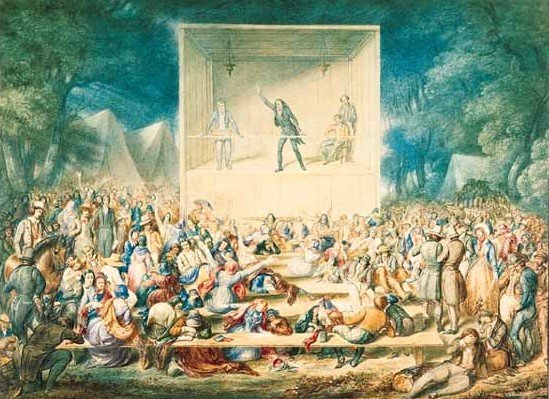
Refugees in London
When I think of early immigration to the United States from the part of Europe that is now Germany, I tend to think of German settlers in Pennsylvania, many of whom were religious dissenters like the Mennonite ancestors I have written about in a previous post. As a result, I was quite surprised to learn that my seven-times great-grandfather, Johann Henrich Krantz, arrived in New York in 1710 and settled along the Hudson River in Ulster County. As I learned more about why he arrived when and where he did, I came to see many parallels between his experience and that of refugees and asylum seekers today.

A Manifest Incongruity
Because my family has lived in America for a very long time, I am eligible to join many of the lineage societies that limit their membership to the descendants of early settlers or men who served in various wars. I can’t say I’ve ever had the desire to actually join any of these societies, however, with one exception.

Friends of Humanity
Some time ago, I wrote about my five-times great-grandfather Thomas Longley, who moved his family from New York City down the Ohio River to Kentucky in 1788. Thomas was a Baptist. I don’t know if he was raised in the denomination or converted at some point, but I know he attended the First Baptist Church of New York City, where he served as a deacon from 1787 until his departure to Kentucky (Parkinson 1846). Thomas continued to practice his Baptist faith in Kentucky, joining the Mays Lick Baptist Church as one of its earliest members (Goins 1980).

The Motherlode of Erismans
I have an unusual last name. For much of my life, I never met anyone named Erisman to whom I wasn’t closely related, close enough that we could easily calculate what flavor of cousin we were. Some years back, however, while visiting Lancaster County, Pennsylvania, on a business trip, I was suddenly inundated by Erismans—a colleague’s child’s kindergarten teacher, a local car dealership, the high school’s star quarterback smiling from a billboard. There were Erismans everywhere, even on a road sign. I had, I concluded, found the motherlode of Erismans.
